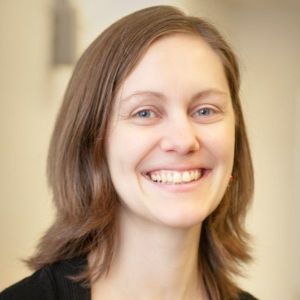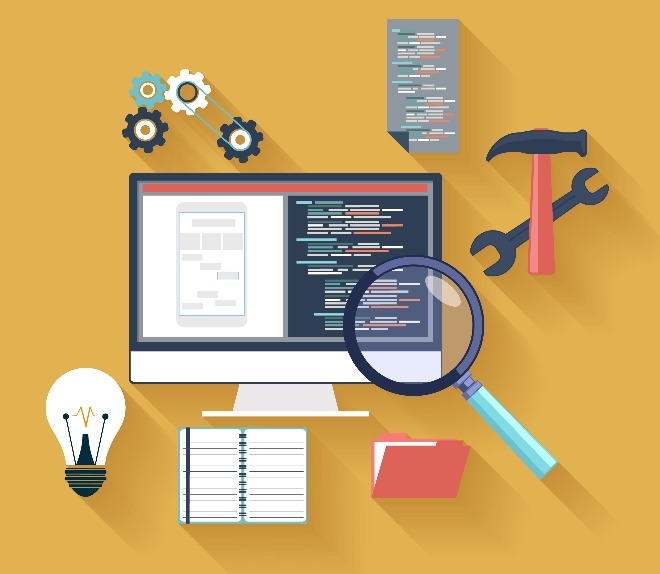Tidligere arrangementer - Side 8
"Coulomb excitation of neutron-deficient 140Sm"
Sociologists and historians of science/engineering have documented the salience of meritocracy and technocracy in engineering and engineering education (Cech, 2014; Slaton, 2015; Riley, 2008). Meritocracy, a problematic worldview, conveys that “worth” accrues with an individual based solely on their own accomplishment.
Jean Rabault from the Department of Mathematics who will talk about exciting master of science projects with machine learning applied to the solution of partial differential equations. This is a hot topic with tons of exciting applications and a wide range of applications spanning almost all study directions of the CS program. Everybody is welcome, and pizza is obviously served again.
Counting problems have been shown to be challenging for students to solve correctly, and one reason is that they can be difficult to verify (e.g., Eizenberg & Zaslavsky, 2004).
AQUADUCT Ab Initio Quantum Dynamics Using Coupled Cluster in Time
In response to the growing emphasis on computational thinking in K-12 education standards and modern science professions, our research team designed a year-long professional development series for high school physics teachers to learn how to program and utilize computer simulations in their curricula.
Learning Correlations in Quantum Mechanics with Neural Networks
Atomistic Modelling of Creep and Flow in Silica-Water Systems
Solving SU(3) Yang-Mills theory on the lattice: a calculation of selected gauge observables with gradient flow
The State of Equity in College Physics Student Learning in the United States: a Critical Quantitative Intersectionality Investigation
Meet Felek Baran: She has a PhD in chemistry education and will tell us about her work. She has a workplace at ILS but will work with both KURT and ILS on science education.
In this seminar, we share some of the work that is being done to prepare to teach programming as part Norwegian Math and Science Curriculum Redesign in 2020.
Velkommen til det årlige juleseminaret vårt! I år fokuserer vi på programmering i naturvitenskap med to inviterte foredragsholdere fra USA, programmering i skolen, og mange spennende bidrag fra Norge og UiO.
Vi spør Kunnskapsministeren og de som skal løse oppgaven i praksis: Hva vil vi med programmering i skolen? Hvorfor trenger elever denne ferdigheten og på hvilken måte skal det undervises? Hvordan skal faget innrettes og hva skal faget inneholde? Hvilke fag er berørt og relevant? Og er skolene og lærerne forberedt?
Er du opptatt av realfaglig utdanning i skole og høyere utdanning? Hvordan kan vi best introdusere programmering i utdanningene våre? To sentre for fremragende utdanning samarbeider om konferansen.
I fagfornyelsen er det gitt mer plass til programmering i skolefag som matematikk og naturfag. Hvilke muligheter og utfordringer vil oppstå? Det matematisk-naturvitenskapelige fakultet og FIKS inviterer til refleksjon og diskusjon om dette på faglig frokost 12. oktober.
Benjamin Pollard is a postdoctoral research fellow at the University of Colorado Boulder, which is at the forefront of research-based development of physics laboratory teaching, including beyond the first year. In this talk, he will share one of the approaches used to improve physics laboratory courses.
The purpose of this Networking Day is to strengthen our regional Scandinavian network of physics and astronomy researchers working on a variety of projects related to computing in science education. Each visitor will give a 20 minute presentation, followed by 10 minutes for questions, and participants are encouraged to actively use the coffee and lunch breaks for networking.
We welcome Eleanor Close, who will tell us how they run the Learning Assistants program at Texas State University. Their presentation is intended to be the starting point for discussions on how we can draw on their experience and expertise to develop our own Learning Assistants program.
Trinket is a browser-based portal to programming that does not require the user to download or install software, making it easy to use. Hunter Close from Texas State University will share with us how he uses Trinket to introduce students in introductory physics to programming.
Formålet med seminaret er at vi som er involvert i studier av beregningsorienterte innslag i biologi og fysikk skal bli kjent med hverandre, diskutere aktuelle forskningsspørsmål og –metoder, og sammen bli kjent med aktuell faglitteratur. Først og fremst skal master- og PhD-studentene få innspill og hjelp til utforming av oppgaven sin.




